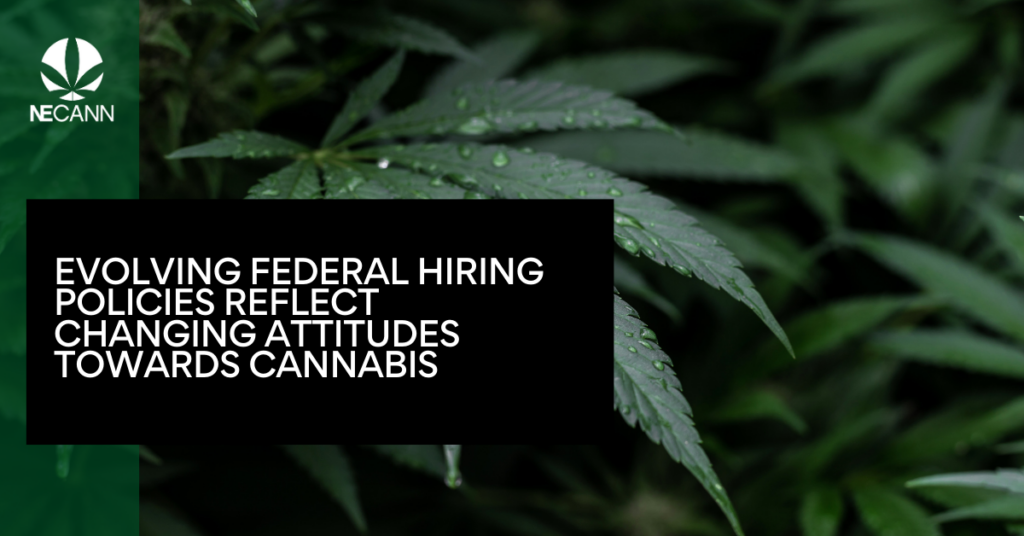In a sign of the shifting tides surrounding cannabis legalization in the United States, federal government agencies are reevaluating their hiring rules to attract younger talent. With the relaxation of drug-related restrictions, agencies aim to create a more inclusive and diverse workforce that reflects the evolving public attitudes toward cannabis. This blog explores the recent changes in federal hiring policies and their potential impact on employment opportunities.
Growing Liberalization of Cannabis Policies
One of the primary drivers behind the adjustment of federal hiring rules is the growing liberalization of cannabis policies across the country. Currently, 22 states, along with Washington D.C., have legalized adult-use cannabis, while 38 states have legalized access to the plant for medical purposes. The majority of Americans now support the end of federal cannabis prohibition. This changing landscape has prompted federal agencies to reassess their approach to cannabis-related restrictions.
Relaxation of Hiring Restrictions
Over the past few years, federal agencies have been making strides in revising their hiring policies. The Federal Bureau of Investigation (FBI) was among the first to modify its cannabis-related restrictions in 2021. By relaxing certain hiring criteria, the FBI aimed to attract younger and more tech-savvy recruits who may have experimented with cannabis in the past.
Following in the FBI’s footsteps, the Central Intelligence Agency (CIA) also made similar changes to its hiring policies in an effort to attract a wider pool of qualified applicants. Recognizing the changing landscape of cannabis laws, the U.S. Secret Service recently announced updates to its cannabis-related hiring policies, aligning them with the growing reforms at the state level.
Grace Periods and Admissions of Cannabis Use
To give potential recruits a fair chance, some agencies have implemented grace periods for drug testing. The New York Times reported that over the past five years, more than 3,400 military recruits who initially failed their drug tests were given an opportunity for a second chance. This approach acknowledges that past cannabis use may not necessarily reflect an individual’s ability to perform their duties effectively.
Additionally, Representative Jamie Raskin (D-MD) proposed a federal bill that would allow for admissions of cannabis use during security clearance interviews. The intention behind this proposal is to avoid disqualifying a significant portion of the population for engaging in activities that even many past presidents have admitted to. By adopting a more inclusive stance, federal agencies hope to expand their talent pool and promote diversity within their ranks.
Department of Transportation (DOT) and Saliva-Based Drug Tests
In another cannabis-related development, the Department of Transportation (DOT) updated its drug testing policies to allow for saliva-based drug tests. This move has the potential to benefit cannabis users seeking employment, as urine tests, which have long been the standard for employee drug testing, are particularly effective in detecting cannabis use but less so for other substances. The adoption of saliva-based tests could provide a more accurate reflection of recent impairment and create a fairer hiring process.
The evolving landscape of cannabis legalization in the United States is having a profound impact on federal hiring policies. Federal agencies are recognizing the need to adapt and attract younger talent by revising their drug-related restrictions. By embracing a more inclusive approach and considering the changing attitudes toward cannabis, federal agencies aim to build a diverse workforce that reflects the broader population. These progressive steps toward reevaluating hiring policies are not only reflective of shifting social norms but also present promising opportunities for individuals seeking federal employment.




